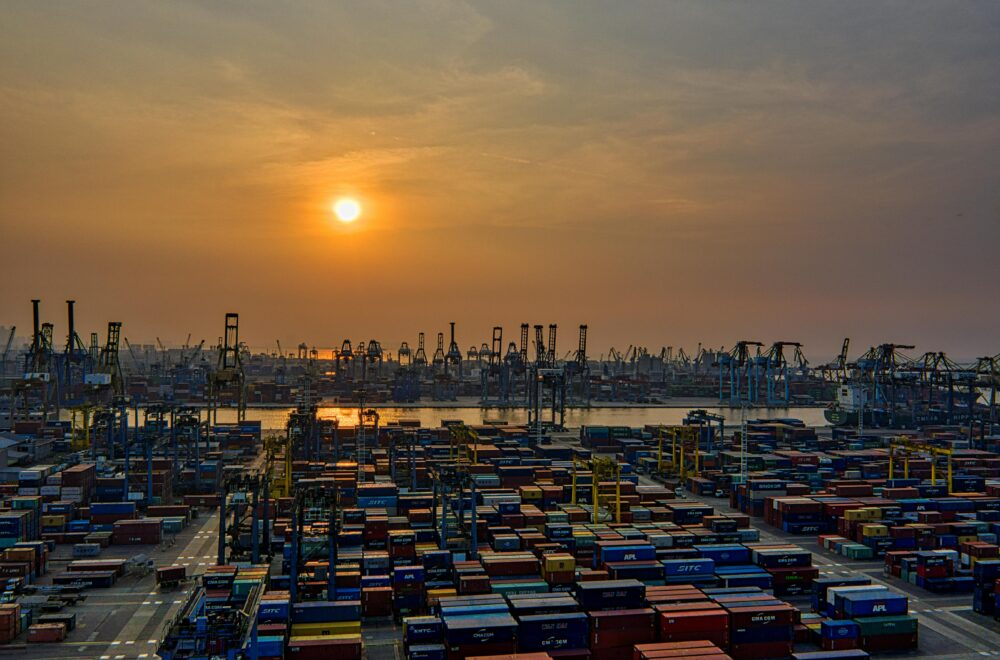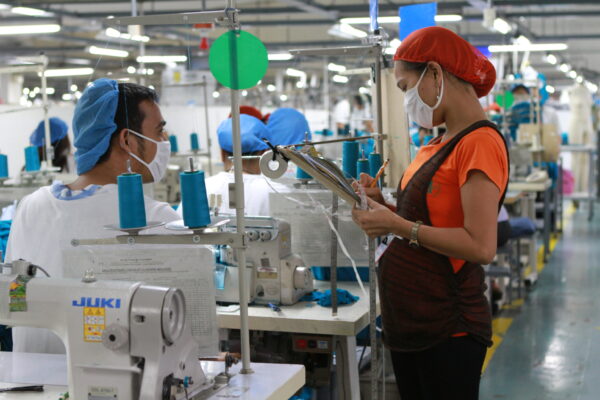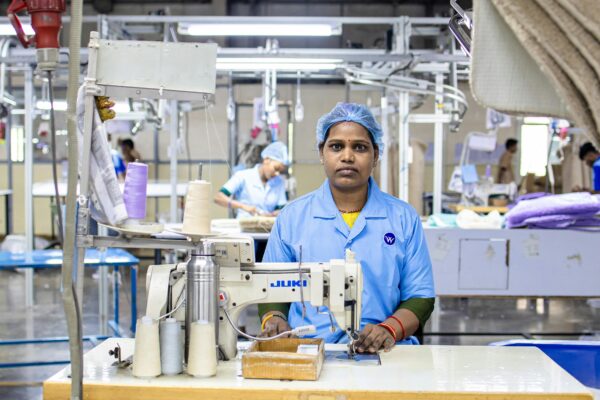In today’s global landscape, supply chain security is becoming increasingly complex due to multifaceted threats that span across physical infrastructure, cybersecurity, information security, and the personal safety of conveyance systems for manufacturers and exporters of apparel, textile, and footwear products.
Physical security threats are easy to spot. Break-ins, tampering, and cargo theft can cause huge losses. But digital threats are just as serious. Cyber-attacks on logistics systems or warehouse systems can shut down operations or expose sensitive information.
Global buyers expect facilities to manage these risks. To give more transparency and trust to the buyers, facilities will adopt security management programs or to implement security measures that meet their buyers’ expectations for all security-related matters.
A small gloves manufacturer in Sialkot, Pakistan was struggling to gain the trust of his U.S. buyer who was concerned about a range of issues the facility was having, including security. The buyer insisted the manufacturer adopt specific measures at his facility to mitigate the risk of any disruption of orders and shipments. The gloves factory opted to register for Worldwide Responsible Accredited Production (WRAP)’s certification program to not only address issues around social and environmental compliance, but also ensure the facility has the appropriate procedures in place to ensure proper corporate, transportation, people, and physical securities at the facility. This move changed everything. The factory not only retained the buyer but also began attracting new international clients.
WRAP is the world’s largest independent certification program for ethical and secure manufacturing in the apparel and textile industry. Supply chain security underpins WRAP’s social compliance framework and is a key component of its 12 Grundsätze. WRAP’s security standards, based on best practices like Customs Trade Partnership Against Terrorism (CTPAT) for Foreign Manufacturers reassures buyers that any WRAP-certified facility is aligned with global expectations.
For manufacturers, supply chain security is no longer just about compliance; it’s a matter of survival. Failing to prioritize it puts the entire business at serious risk.
Taj Hussain is the WRAP Country Representative for Pakistan. He has worked with WRAP for three years.




